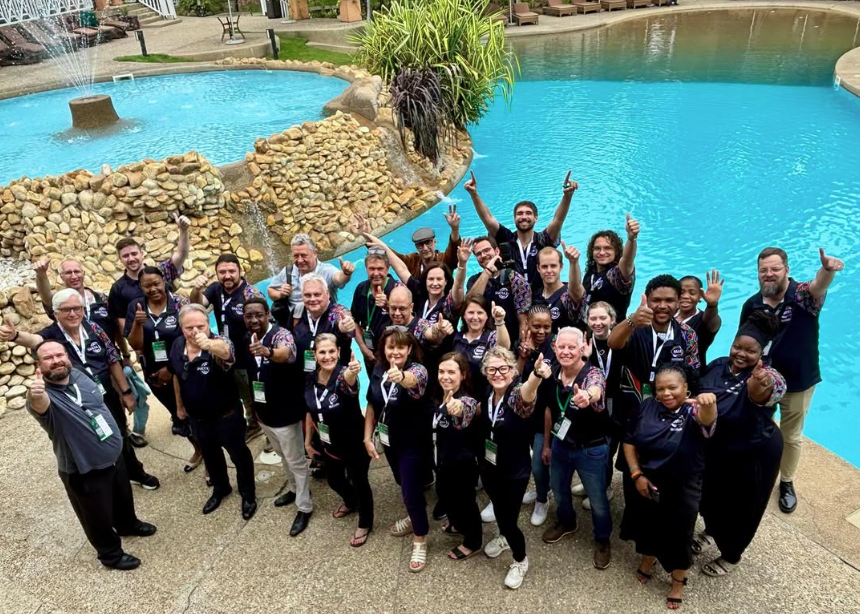There is an ongoing debate on social media about the effectiveness of hashtags. Hashtags, which were once heralded as the ultimate achievement in discoverability and engagement, are currently being scrutinised due to allegations of oversaturation and algorithm changes. Nevertheless, despite the scepticism, many continue to support the ongoing usefulness of hashtags to increase the reach of information and encouraging interaction. Thus, the issue remains: Are hashtags still relevant? Let’s explore the nuances of this discussion.
The Development of Hashtags
Hashtags were first added to X (formerly known as Twitter) in 2007, and since then, they have spread throughout other social media sites. Hashtags began life as a straightforward categorisation tool but quickly developed into effective tools for community development and content discovery. Hashtags have influenced digital culture, spurred movements, and sparked conversations. Examples include #BlackLivesMatter and #ThrowbackThursday.
The Rebuttal of Hashtags
Some claim that hashtag overuse in recent years has rendered them ineffective. The likelihood of being noticed among the millions of posts that stream prominent hashtags every minute appears to be minimal. Additionally, there have been notable modifications to platform algorithms that have diminished the effectiveness of conventional hashtag methods. To get visibility, experts recommend a multimodal strategy that includes audience involvement, intelligent scheduling, and interesting content, rather than depending just on hashtags.

The Argument in Favour of Hashtags
Supporters of the hashtag, however, insist that they are still essential marketing tools. Hashtags still have the power to increase reach and improve content discoverability when used wisely. Using niche or branded hashtags helps organisations establish their online presence and build communities based on common interests. Hashtags are also excellent listening tools because they reveal customer attitudes, competitive tactics, and popular subjects.
Using Hashtags to Your Advantage
What is the best way for marketers to use hashtags in the ever-evolving social media landscape? Priority one should always be given to knowing your audience. Make sure your hashtag strategy aligns with the online habits, interests, and preferences of your target audience. Identify popular hashtags related to your sector or niche through in-depth research, then thoughtfully integrate them into your content.
Don’t undervalue the significance of originality and authenticity either. Original and creative hashtags can start conversations and set your business apart in a congested digital world, yet generic or overused hashtags might just produce mediocre results. To find the ideal ratio between reach and relevancy, try experimenting with a combination of trending, branded, and specialty hashtags.
Social Media Marketing Online Course by IMM Institute
The IMM Institute’s Social Media Marketing online course offers a thorough road map for success for individuals looking to master the art of social media marketing. This course gives marketers the know-how they need to succeed in the modern digital environment, from optimising content and measuring campaign efficiency to comprehending the subtleties of various social media platforms.
Participants will gain practical assignment and case study experience in planning, executing, and evaluating social media initiatives. Essential ideas like content optimisation, social media analytics, and organic and paid reach are clarified, enabling marketers to take well-informed decisions and produce noticeable outcomes.

Finally
In conclusion, hashtags continue to be relevant in social media marketing even though their effectiveness may be contested. Through intelligent strategy, industry trend awareness, and prioritising audience engagement, marketers may leverage hashtags to increase brand visibility and build deep connections with their target audience. Staying ahead of the curve in social media marketing will depend on your capacity to embrace innovation and agility as the digital landscape continues to change.
















